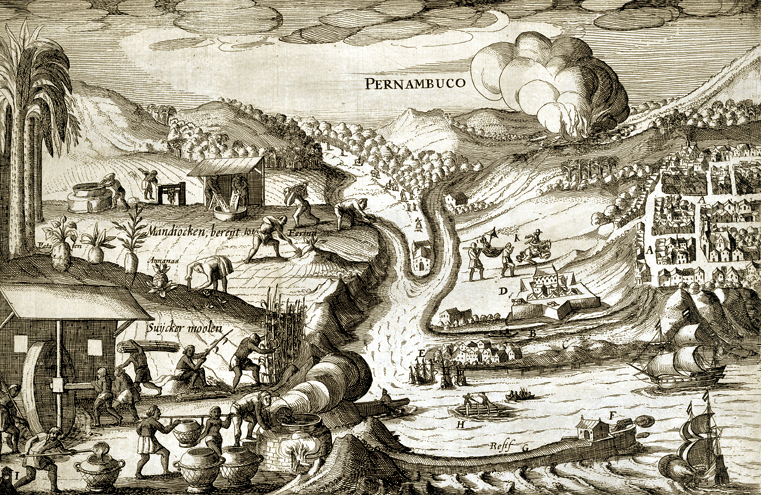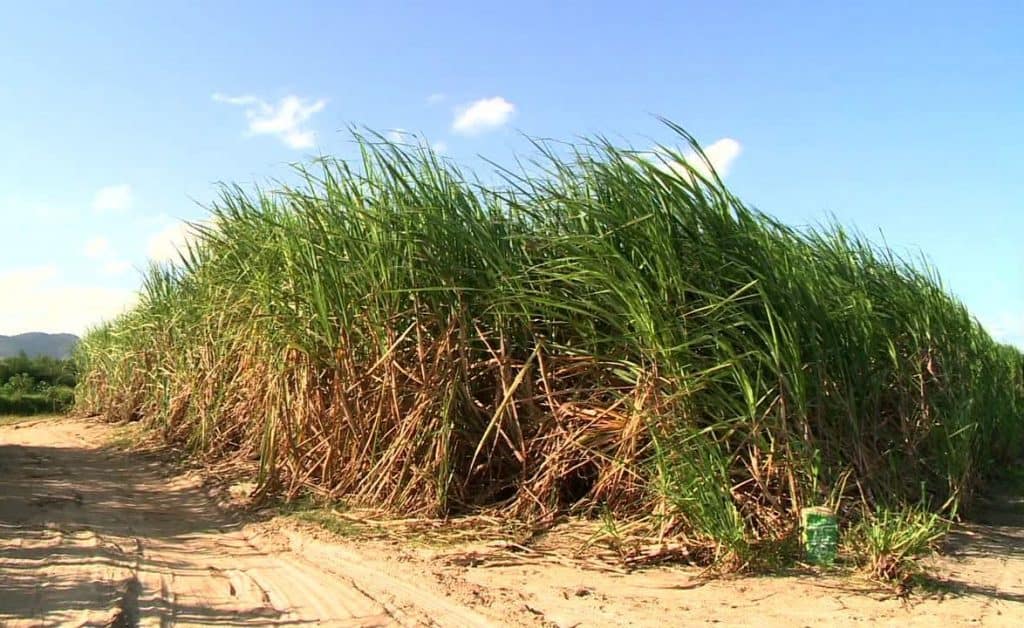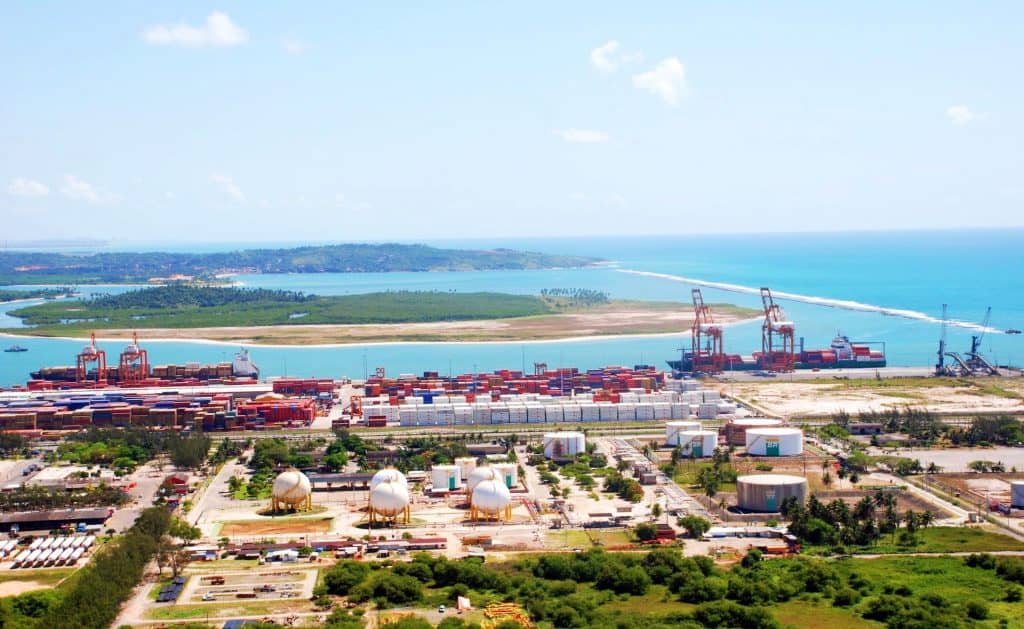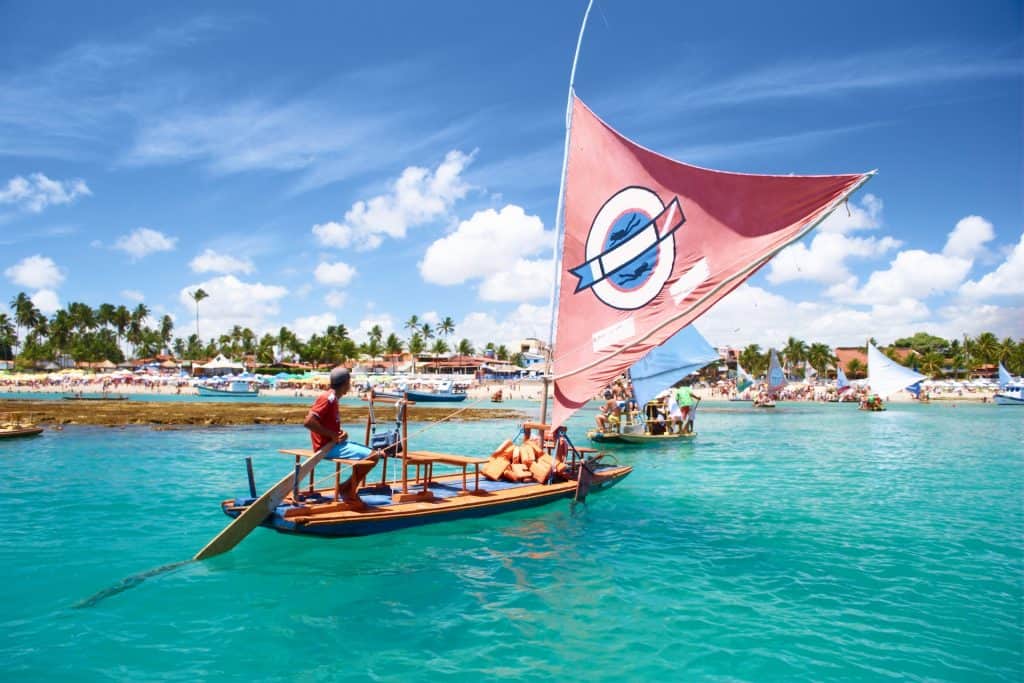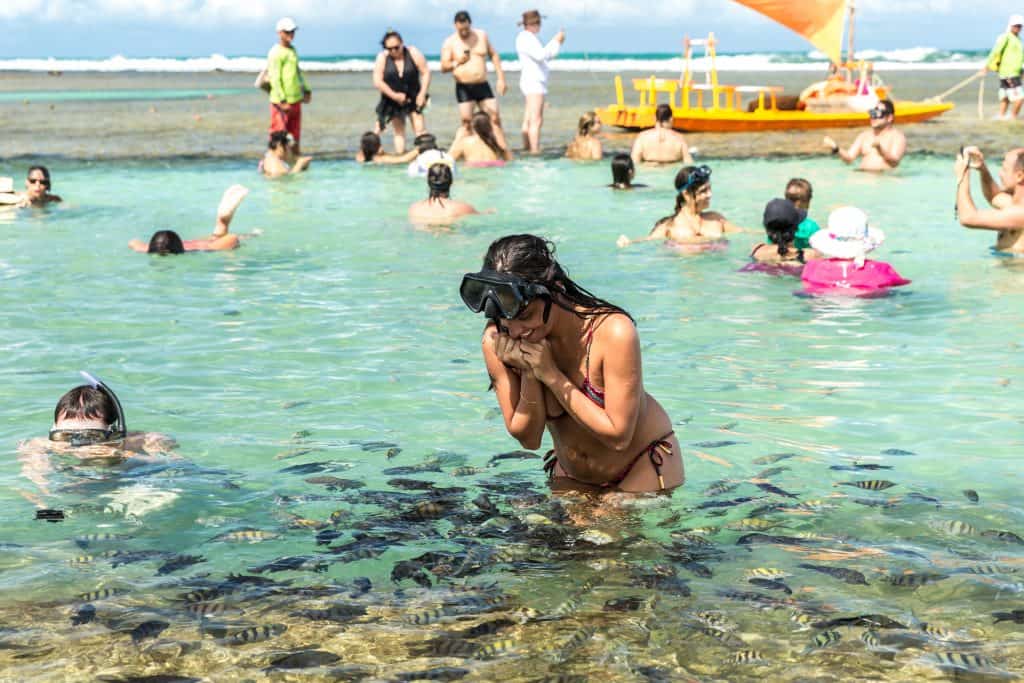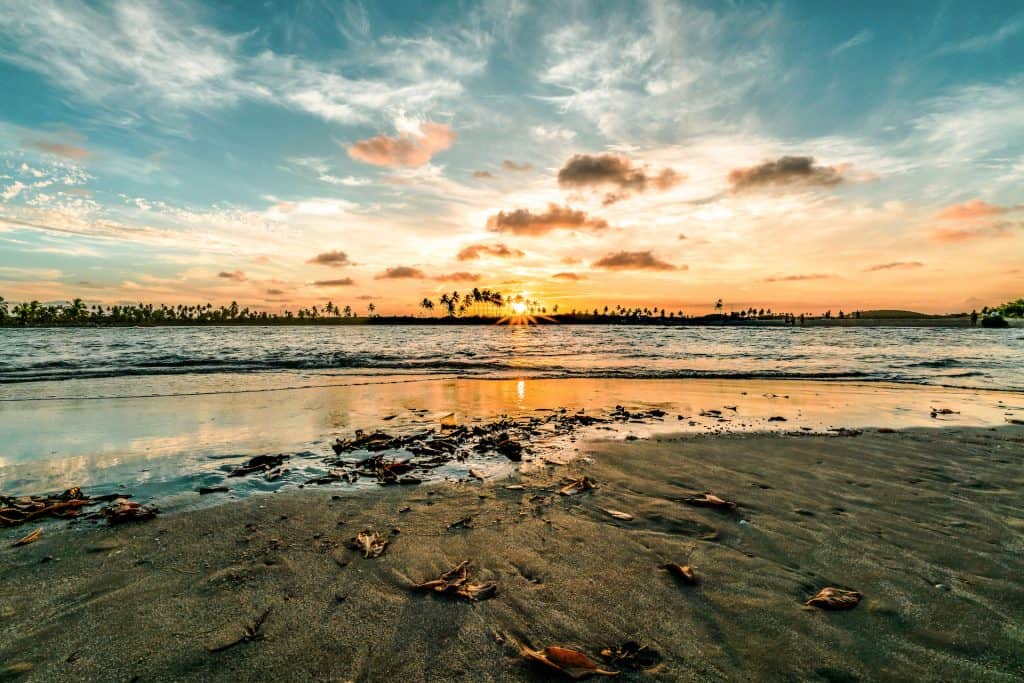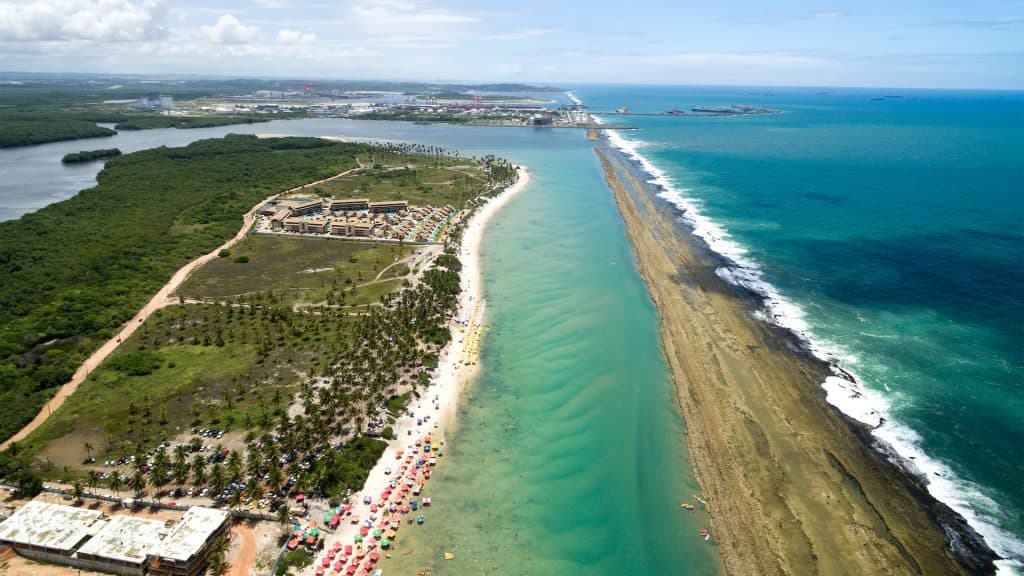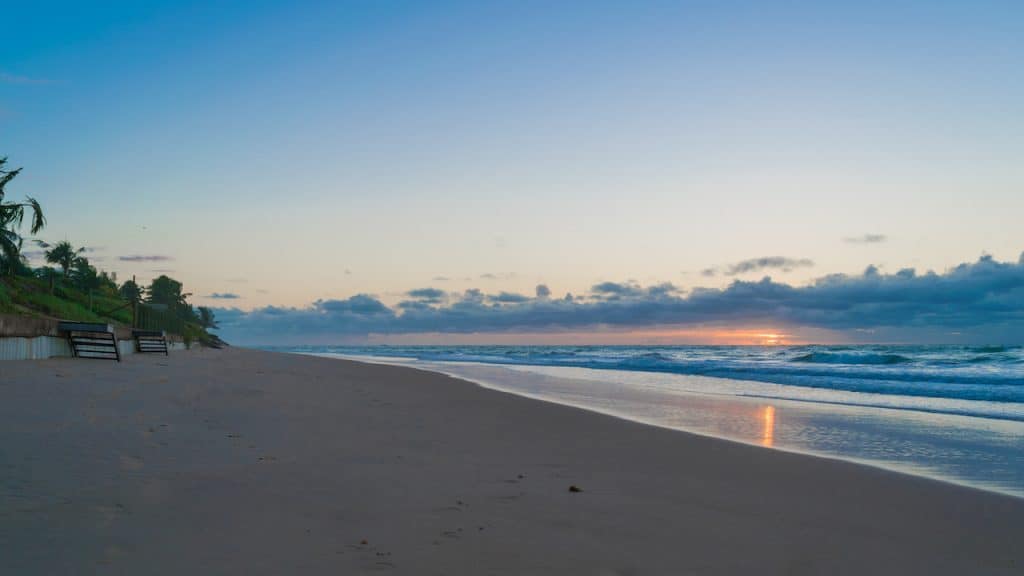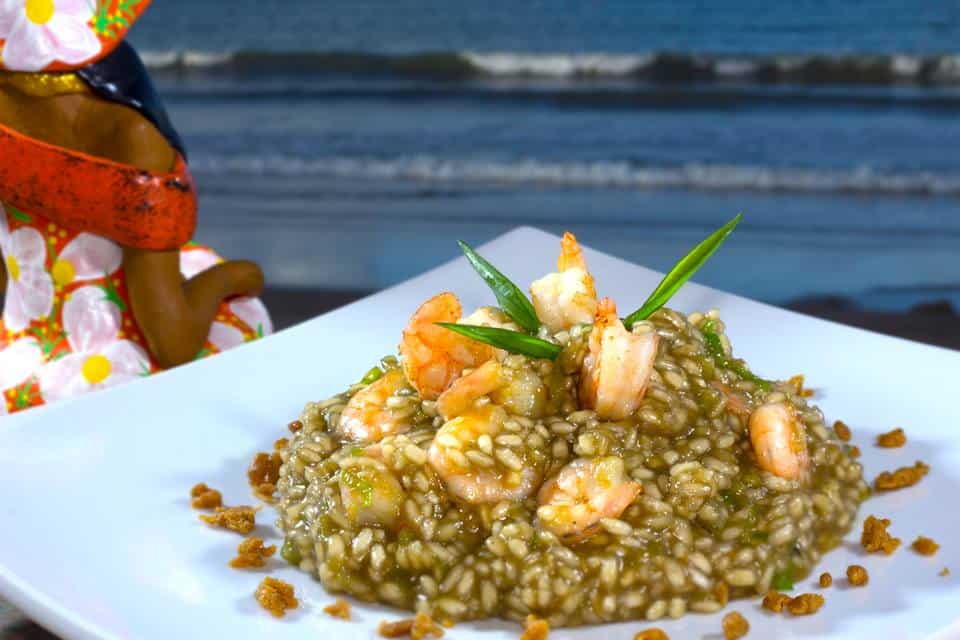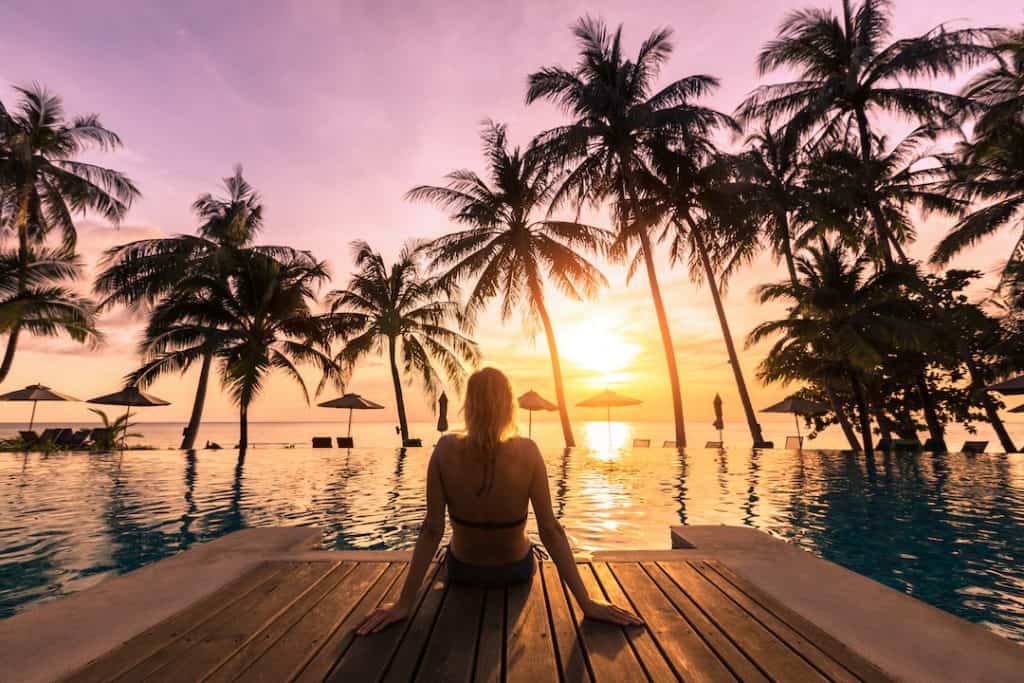Created by: Martin Miguel I © 2019 All rights reserved.
Do you know?
The History of Porto de Galinhas
THIS IS THE History of Porto de Galinhas
Porto de Galinhas is, in fact, home of only one beach, informally referred to as the central beach. It is very common for the people of the region to refer to the other beaches in the region, including Muro Alto, Maracaípe and Pontal de Maracaípe, as beaches belonging to Porto de Galinhas. However, these beaches actually belong to the Brazilian municipality of the Pernambuco state called Ipojuca.
Porto de Galinhas Origin
The colonization of Ipojuca began in 1560, after the expulsion of the Indians caetés and other tribes of the south coast of Pernambuco.
From this moment, the colonists migrated towards Ipojuca because of the fertile lands of the region, rich in massapê (Clay soil, generally black and of excellent quality for the cultivation of sugarcane.). This caused a rapid surge in the construction of mills or small production units in the region.
The Dutch aimed to take advantage of the situation by invading Pernambuco, an area consisting of a number of established mills. However, under the leadership of Captain Mar Amador from Araujo, the Dutch were defeated on the 23rd of July 1645.
With two natural ports – Suape and Porto de Galinhas – besides the larger and better conditioned massapê plantations in the Northeast, Ipojuca was part of the triangular colonial trade.
Ipojuca soon developed a name for itself as one of the most important regions to come out of the colonial system and Porto de Galinhas, based within its boundaries, became one of the most important ports as a result.
Where does the name Porto de Galinhas come from?
Given all these conditions, Pernambuco became a major producer of sugar and for many years was responsible for more than half of Brazilian exports. This acquired fame led to the region being known as “Porto Rico” (Rich Port)”, before having the name we know today.
To account for so much work, slave labor was brought in from Africa. After the prohibition of slavery, this system does not stop. Inside the ships brought by Gallinas de Angola (one of the favorite dishes of the aristocracy of the region) the slaves arrived hidden.
From there, by saying “There are new chickens at the Port” it meant that new slaves were coming to the area. Due to that, Porto Rico began to be called “Porto das Galinhas” (sometimes also known as “Porto de Angola”).
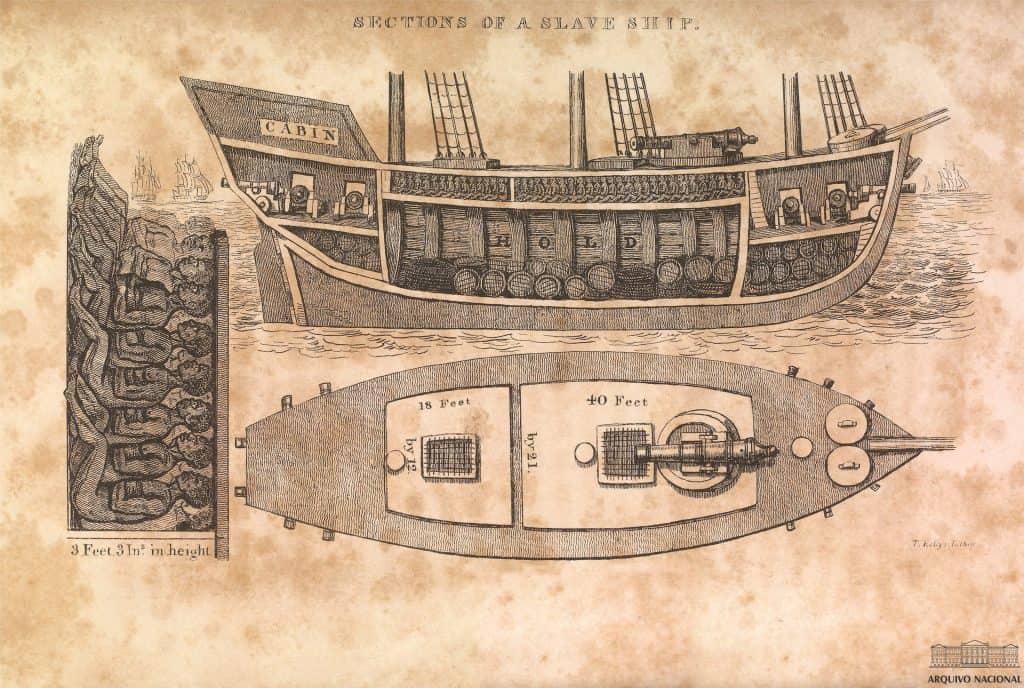
Some important dates in the history of Porto de Galinhas
• The colonization of Ipojuca began in 1560.
• The Dutch invaded Pernambuco on the 17th of July 1645.
• The Dutch were defeated on the 23rd July 1645.
• The district of Ipojuca was created on the 12th of November 1895.
• One of the major historic sites, The San Antonio Convent, was founded in 1606 and converted national heritage site in 1937.
• In 2005, Petrobas announced the construction of a petrol refinery in Ipojuca, specifically because of the facilities offered by the port in Suape, in order to begin building what has become one of the most important industries in the region. Right now and due to economical and political problems, the port is not powerful as before.
The economic development of Ipojuca
Thanks to its famous and popular beaches, visited by tourists from all over the world all year round, the accommodation network and the region’s gastronomy industry are both incredibly well developed. This situation occurs specially in Porto de Galinhas.
The Ipojuca Municipality is also considered as one of the great central industries of the state of Pernambuco.
Finally, being situated in Recife’s Metropolitan Region, means that the services sector/industry has been able to grow and strengthen substantially over the years. It is important to highlight the fact that some of the early sugarcane factories within the municipality are still functioning.
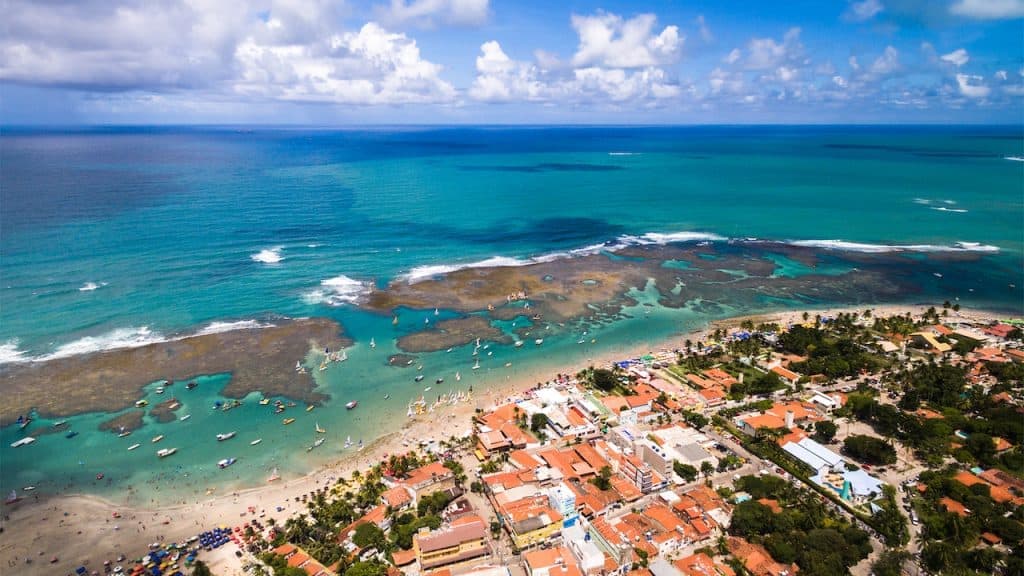
Why is this region highlight as a great tourist destination?
The principal focus in this region is, without a doubt, the famous beach of Porto de Galinhas.
The magazine Viagem & Turismo (Travel & Tourism) choose Porto de Galinhas 11 times consecutively as the “best beach in Brazil.” Its principal attraction are the natural pools which are visited every year by thousands of happy tourists. You can read more in about Porto de Galinhas in this article: Porto de Galinhas Beach.

Martín Miguel
Enter Travel Founder
Accommodation in Porto de Galinhas?
Get full details and book online
OR CONTACT US
AND GET FREE ADVISE
MULTIMEDIA GALLERY
here are other articles about
Porto de Galinhas & around
Nov
13
Recife to Porto de Galinhas
Porto de Galinhas is located on the southern coast of Pernambuco and the easiest way…
May
24
Natural Pools in PdG
All the information you need to know about the natural pools in Porto de Galinhas.…
May
11
How to get to Porto de Galinhas
Here is how to get to Porto de Galinhas by bus, plane or taxi from other tourist…

